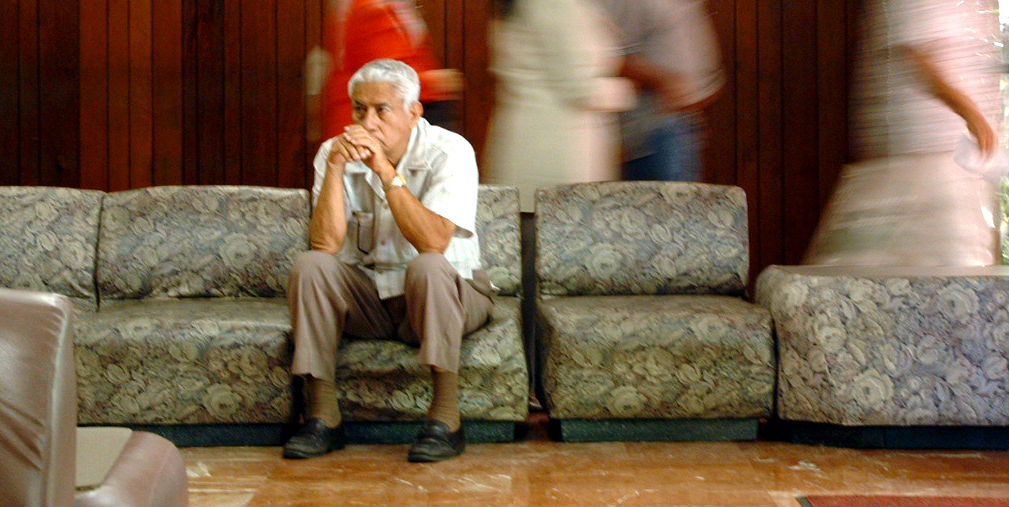
Research published in July concluded that one out of every 20 hospital patients is a victim of a preventable medical error. And more than one out of those 10 suffered serious harm or died as a result.
The study (“Prevalence, Severity, and Nature of Preventable Patient Harm across Medical Care Settings: Systematic Review and Meta-Analysis”) was published in the British Medical Journal and was global in scope, encompassing a review of some 70 other medical error studies.
Medication Errors, Surgical Errors Most Common Medical Mistakes
Researchers found that medication errors accounted for 49 percent of the preventable harm, while mistakes made during surgery were related to 23 percent of the patient injuries.
The study mirrors other estimates for U.S. patient harm specifically, including one that puts medical errors as the third leading cause of death in this country.
These statistics may help to explain the findings of another study, released in August. The Pew Research Center study (“Trust and Mistrust in Americans’ Views of Scientific Experts”) explores U.S. perceptions about scientists and contains a special section devoted to public confidence in medical doctors.
A little more than half (57 percent) of the 2,238 Americans surveyed felt that doctors always have the patients’ best interests at heart. Less than half (49 percent) said doctors do a good job providing a diagnosis and treatment plans.
Only two out of every 10 surveyed felt that doctors will suffer consequences for their misconduct. And just 12 percent said they believe doctors admit their mistakes and take responsibility for them.
Patients and their families understandably can feel overwhelmed in a hospital. Complex medical jargon, numerous tests, and little communication from the healthcare team only heighten this anxiety.
And when something goes seriously wrong, typically few answers are provided.
What can Patients and Families do to Prevent Medical Errors from Occurring?
Patients and their families, therefore, are encouraged by patient advocacy experts to take proactive steps that can help prevent dangerous medical errors. The Agency for Healthcare Research and Quality, whose mission is to make U.S. healthcare safer, offers 20 such suggestions. They include:
· Alerting doctors and nurses as to any and all medications the patient is taking. This could stop a doctor from prescribing a harmful drug during treatment.
· Ask all hospital healthcare providers whether or not they have washed their hands. This simple step can help prevent the spread of potentially deadly hospital-acquired infections.
· Prior to surgery, patients and family members should confirm with the surgeon the scope and location of the procedure. Wrong site surgery – operating on the wrong part of the body – is 100 percent preventable, according to the AHRQ.
· Always ask for the results of medical tests. If nothing has been reported, the test results may have been overlooked, leading to a missed diagnosis.
These actions are not the responsibility of patients and their families. The only responsibility during the healthcare process is for doctors to provide the standard level of care. Preventable mistakes that lead to the patient harm do not meet that standard.
If you suffered serious injuries or had a family member die during medical treatment and you suspect an error during that care was made, consult a medical malpractice lawyer about your experience.
The choice of a lawyer is an important decision that should not be based solely on advertisements.
Authored by Gray Ritter Graham, posted in Blog September 10, 2019

 RSS Feed
RSS Feed